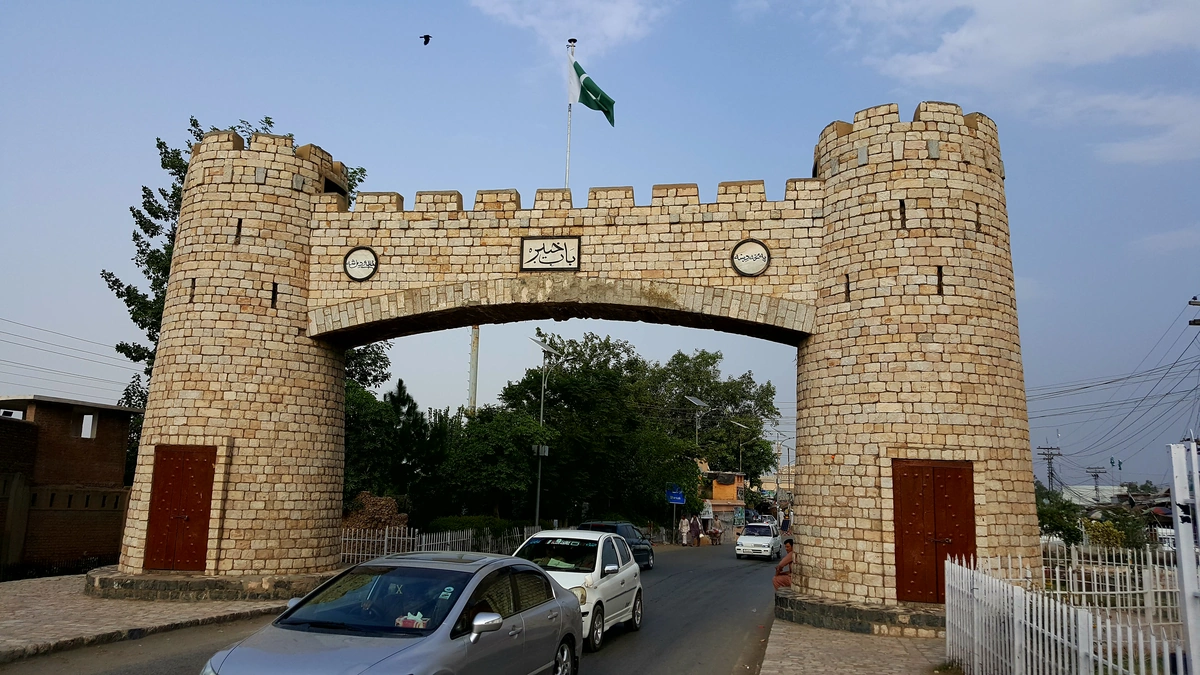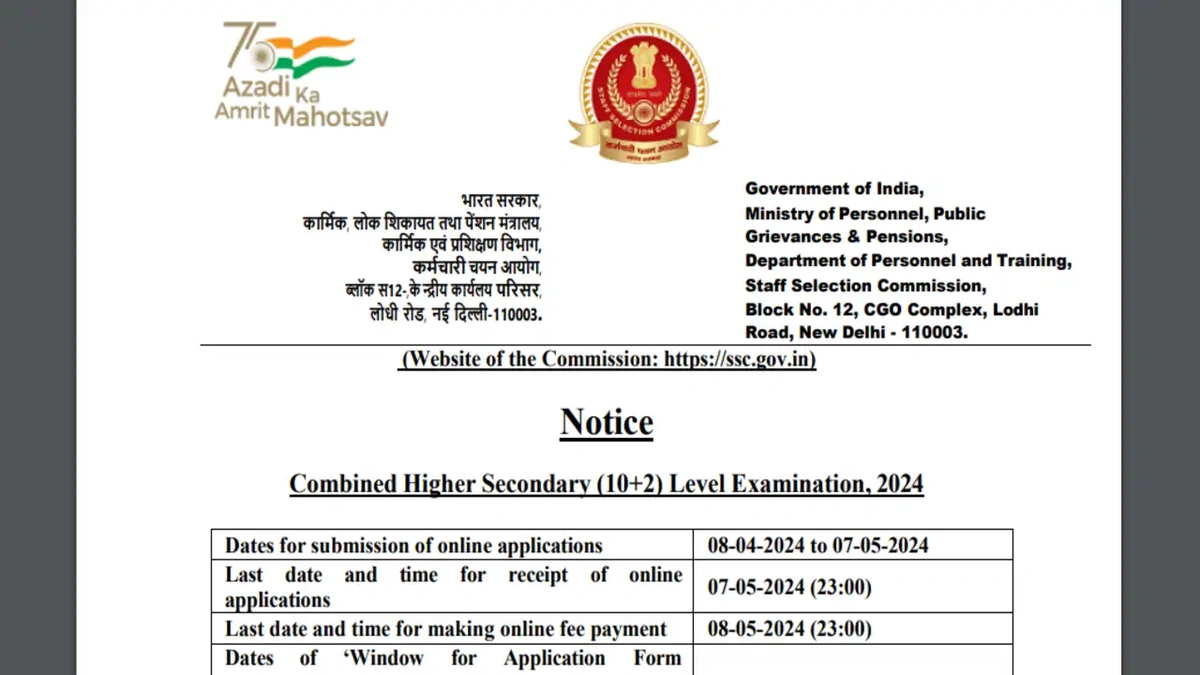Unveiling Khyber | More Than Just a Mountain Pass – Why It Still Matters
The Khyber Pass . The very name conjures images of caravans, ancient warriors, and a history as rugged as the terrain itself. But here’s the thing: it’s easy to see it as just a historical footnote, a chapter closed in some dusty textbook. Let’s be honest – most of us glaze over when we hear about “mountain passes.” But what fascinates me is that the Khyber Pass isn’t just about the past; it continues to subtly shape the present, especially regarding trade routes and regional stability.
Why Khyber Still Echoes Today

So, why should someone in India care about a mountain pass that seems so far removed? Because the Khyber Pass isn’t just a geographical feature; it’s a crucial artery in the veins of Central Asia. For centuries, it has served as a gateway connecting South Asia with Central Asia and beyond. Here’s the thing: this impacts everything from trade to geopolitical strategies even today. What I initially thought was a straightforward history lesson quickly became a complex web of interconnected factors.
Let’s break it down. The Khyber Pass, located between Pakistan and Afghanistan, has been a vital trade route since ancient times. Think about the Silk Road. Ancient trade routes weren’t just about silks and spices; they were conduits for cultural exchange, the spread of ideas, and, of course, the movement of armies. Fast forward to today. While modern infrastructure has provided alternative routes, the Khyber Pass remains a significant passage, particularly for regional trade. It’s a shorter, more direct route than many alternatives, making it economically attractive.
Navigating the Nuances | The Modern Challenges
But, and this is a big ‘but,’ the story isn’t all about trade and prosperity. The Khyber Pass region has also been a hotbed of instability for decades. The geopolitical sensitivity of the region cannot be overstated. It’s a border region, and border regions are inherently complex. The presence of various militant groups, cross-border terrorism, and political instability have consistently hampered smooth trade and development.
A common mistake people make is to view the Khyber Pass as a singular entity. It’s not just a road; it’s an entire region with its own unique dynamics. It is impacted by tribal affiliations, local economies, and international interests. Consider the implications for India: regional instability near the Khyber Pass can indirectly impact India’s security and economic interests. Regional security implications cannot be ignored.
India’s Stake in the Khyber Narrative
So, what’s India’s stake in all of this? Well, India has consistently sought to improve trade relations with Afghanistan and Central Asia. While direct access through Pakistan remains a challenge, India has invested in alternative routes and partnerships to bypass this obstacle. The Chabahar Port in Iran, for example, is a strategic project aimed at facilitating trade with Afghanistan and Central Asia, circumventing the need to rely solely on routes through Pakistan. The development of the Chabahar Port is proof that India understands the long term strategic importance of trade routes likeKhyber.
Indian foreign policy recognizes the importance of stable and secure trade routes in the region, even if it cannot directly control them. India’s economic aspirations are closely tied to the stability of Central Asia. A prosperous and stable Central Asia opens up new markets for Indian goods and services. It also enhances India’s geopolitical standing in the region. Let’s be honest– it’s all connected.
Looking Ahead | The Future of Khyber
What does the future hold for the Khyber Pass? It’s hard to say for sure, but several factors will likely shape its trajectory. Increased regional cooperation could lead to enhanced trade and development. The China-Pakistan Economic Corridor (CPEC) , which passes nearby, has the potential to bring infrastructure and investment to the region. However, its success depends on addressing security concerns and ensuring equitable benefits for all stakeholders.
Moreover, the role of Afghanistan is vital. A stable and peaceful Afghanistan is essential for the region to flourish. India has actively supported Afghanistan’s development and stability. Let me rephrase that for clarity– India’s approach is multifaceted, focusing on economic development, humanitarian aid, and diplomatic engagement.
The one thing you absolutely must understand is that the Khyber Pass isn’t just a physical passage; it’s a symbolic one. It represents the intersection of cultures, the ebb and flow of empires, and the enduring quest for connectivity. The historical significance of the Khyber Pass ensures its continued relevance in modern geopolitical equations.
FAQ | Your Khyber Pass Questions Answered
Frequently Asked Questions
What is the historical significance of the Khyber Pass?
The Khyber Pass has served as a crucial trade and invasion route for centuries, connecting South Asia with Central Asia. It has witnessed the passage of numerous armies and empires, shaping the region’s history.
How does the current political situation in Afghanistan affect the Khyber Pass?
Instability in Afghanistan can disrupt trade routes and increase security risks in the Khyber Pass region, impacting regional economies and international relations.
What is India’s role in the development of alternative trade routes to Central Asia?
India has invested in projects like the Chabahar Port in Iran to create alternative trade routes to Central Asia, bypassing the need to rely solely on routes through Pakistan.
What are the main security concerns in the Khyber Pass region?
Security concerns include cross-border terrorism, the presence of militant groups, and political instability, which can hamper trade and development.
How does the China-Pakistan Economic Corridor (CPEC) impact the Khyber Pass?
CPEC has the potential to bring infrastructure and investment to the region, but its success depends on addressing security concerns and ensuring equitable benefits for all stakeholders. CPEC and regional development are intricately linked.
Why does the Khyber Pass matter to someone living in India?
The stability and connectivity of the Khyber Pass region affect India’s economic and security interests, impacting trade relations, geopolitical standing, and regional stability.
In conclusion, the Khyber Pass is a mirror reflecting the past, present, and future of South and Central Asia. It’s a reminder that even in a globalized world, geography still matters, and historical arteries continue to pump lifeblood – both economic and strategic – through the region. Geopolitical landscape analysis demands attention to historical arteries. Don’t just see a mountain pass; see a world of implications.













